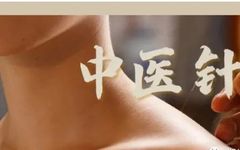When medication fails
Only acupuncture can reach
How much do you know about the effects of acupuncture in Traditional Chinese Medicine?
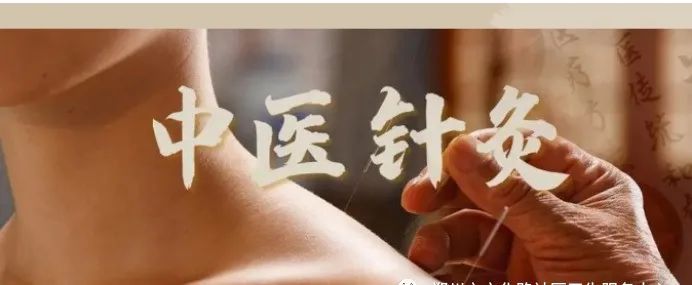
Acupuncture is one of the most common treatment methods in Traditional Chinese Medicine (TCM). It involves the use of needles and moxibustion to stimulate specific acupuncture points (穴位, xuewei) on the body, enhancing the body’s ability to resist diseases, improving immune function, and promoting self-healing capabilities, thereby achieving the goals of treating diseases and maintaining health. It is a treatment method that works “from the outside to treat the inside.” Acupuncture is widely used for various diseases, including pain-related conditions such as headaches, neck, shoulder, waist, and leg pain, as well as neurological disorders like insomnia, dizziness, and tinnitus, and other conditions such as digestive system diseases and gynecological disorders.
The Functions of Acupuncture

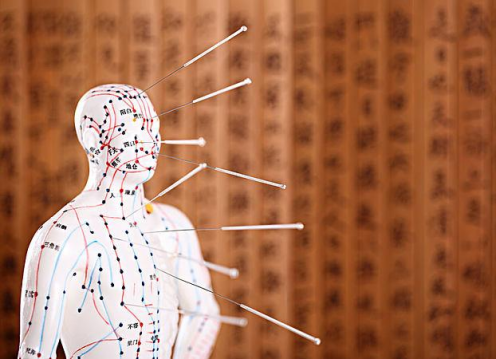
1.Unblocking the Meridians
It allows the blocked meridians to function normally, which is the most fundamental and direct therapeutic effect of acupuncture.
The meridians “internally connect to the organs and externally link to the limbs,” with the circulation of Qi and blood being one of their main physiological functions.
When the meridians are obstructed, the flow of Qi and blood is hindered, clinically manifesting as symptoms such as pain, numbness, swelling, and bruising.
Acupuncture selects appropriate acupoints (腧穴, shuxue) and needling techniques, including three-edged needle bloodletting, to ensure the smooth flow of meridians and normal circulation of Qi and blood.
2.Strengthening the Spleen and Stomach
The spleen and stomach are the “foundation of postnatal life” in the human body.
The quality of the digestive function directly relates to the energy supply of the body.
The spleen prefers dryness and dislikes dampness; dampness can easily obstruct the spleen, affecting our digestive function. Strengthening the spleen and stomach can help resolve dampness and keep us free from bloating, abdominal pain, and diarrhea.
Overeating cold, spicy foods can lead to various digestive system issues, such as stomach pain, abdominal pain, and diarrhea, making it particularly important to protect the spleen and stomach.
3.Assisting Yang and Dispelling Cold
In dry seasons, in addition to the high incidence of respiratory diseases, another category of diseases that should not be overlooked is Yang deficiency syndrome and neck, shoulder, waist, and leg pain.

Conditions Suitable for Acupuncture

1
Neurological Disorders
Shingles; headaches, migraines; trigeminal neuralgia; facial nerve paralysis (within the first 3-6 months); facial muscle spasms; post-stroke sequelae (recovery period); insomnia (better results without depression); enuresis; intercostal neuralgia, etc.
For example, shingles is considered by Western medicine to be a nerve injury caused by a viral infection, while Traditional Chinese Medicine views it as a manifestation of heat toxin. Treatment can be effectively combined with cupping, bloodletting, and acupuncture.
However, timely treatment of shingles is crucial; otherwise, sequelae may occur, which can manifest as pain or numbness and itching of the skin nerves.It is important to note that due to the poor reversibility of nerve damage, the earlier this type of disease is treated, the better the outcome.
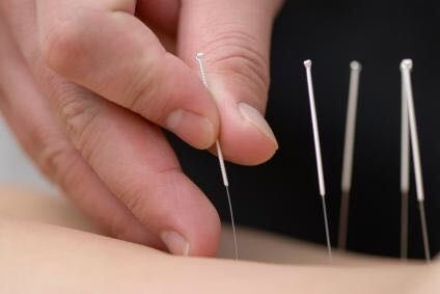
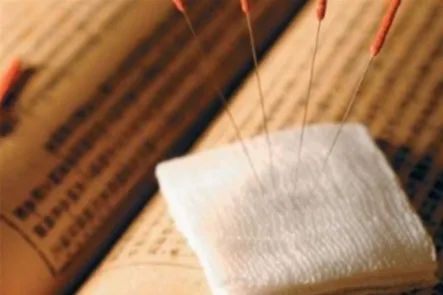
2
Gynecological Disorders
Menstrual irregularities, breast hyperplasia, dysmenorrhea, menopausal syndrome, etc.
It can also be used as an adjunct treatment for premature ovarian failure, uterine fibroids, and infertility.
Dysmenorrhea can be classified into primary and secondary types; generally, primary dysmenorrhea responds better to acupuncture treatment.
How to distinguish the type of dysmenorrhea?
1. Primary dysmenorrhea refers to pain that occurs without prior symptoms, triggered by specific external factors such as anger or cold. For this type of condition, acupuncture often shows faster results than medication.
2. Secondary dysmenorrhea is pain caused by an underlying disease, such as endometriosis, which requires focused treatment of the primary disease.
3
Bone and Joint Diseases
Conditions such as lumbar disc herniation, stiff neck, shoulder periarthritis, tennis elbow, acute lumbar sprain, knee osteoarthritis, and ankle sprains.
From a therapeutic mechanism perspective, pain relief is the primary therapeutic effect of acupuncture, making it particularly effective for treating pain associated with bone and joint diseases.
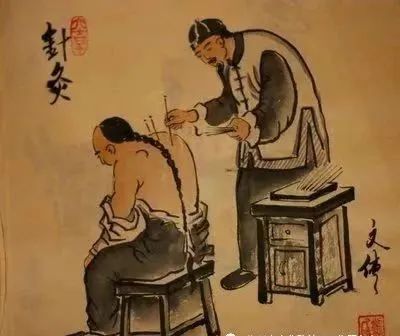

Today’s acupuncture class has officially concluded.
See you next time~
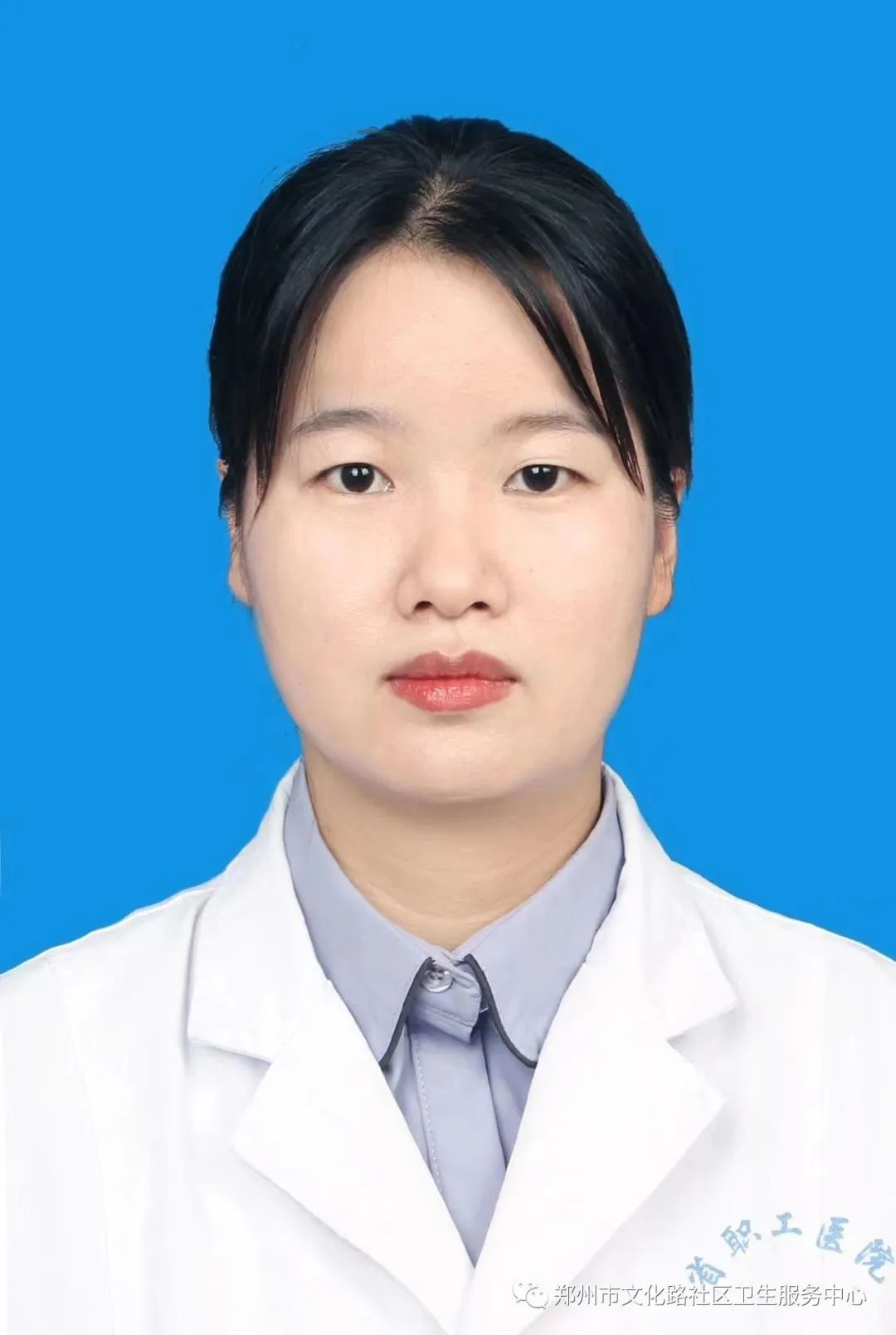
Wang Gaiqin
Wang Gaiqin, a licensed TCM practitioner, graduated from Henan University of Traditional Chinese Medicine, and completed residency training at the Third Affiliated Hospital of Henan University of Traditional Chinese Medicine. She has been engaged in clinical work for several years, specializing in acupuncture, moxibustion, guasha, and cupping;
1. Treating neck, shoulder, waist, and leg pain, shoulder periarthritis, cervical spondylosis, and other spinal-related diseases;
2. Spleen and stomach digestive system: using acupuncture, herbal decoctions, and acupoint application to treat symptoms of digestive dysfunction such as bloating, diarrhea, acid reflux, hiccups, and belching;
3. Gynecological disorders: dysmenorrhea, irregular menstruation, acne, facial blemishes, insomnia, improving sub-health conditions, and enhancing immunity;
4. Pediatric tuina: treating food accumulation, bloating, diarrhea, cough due to external pathogens, and colds.
Which
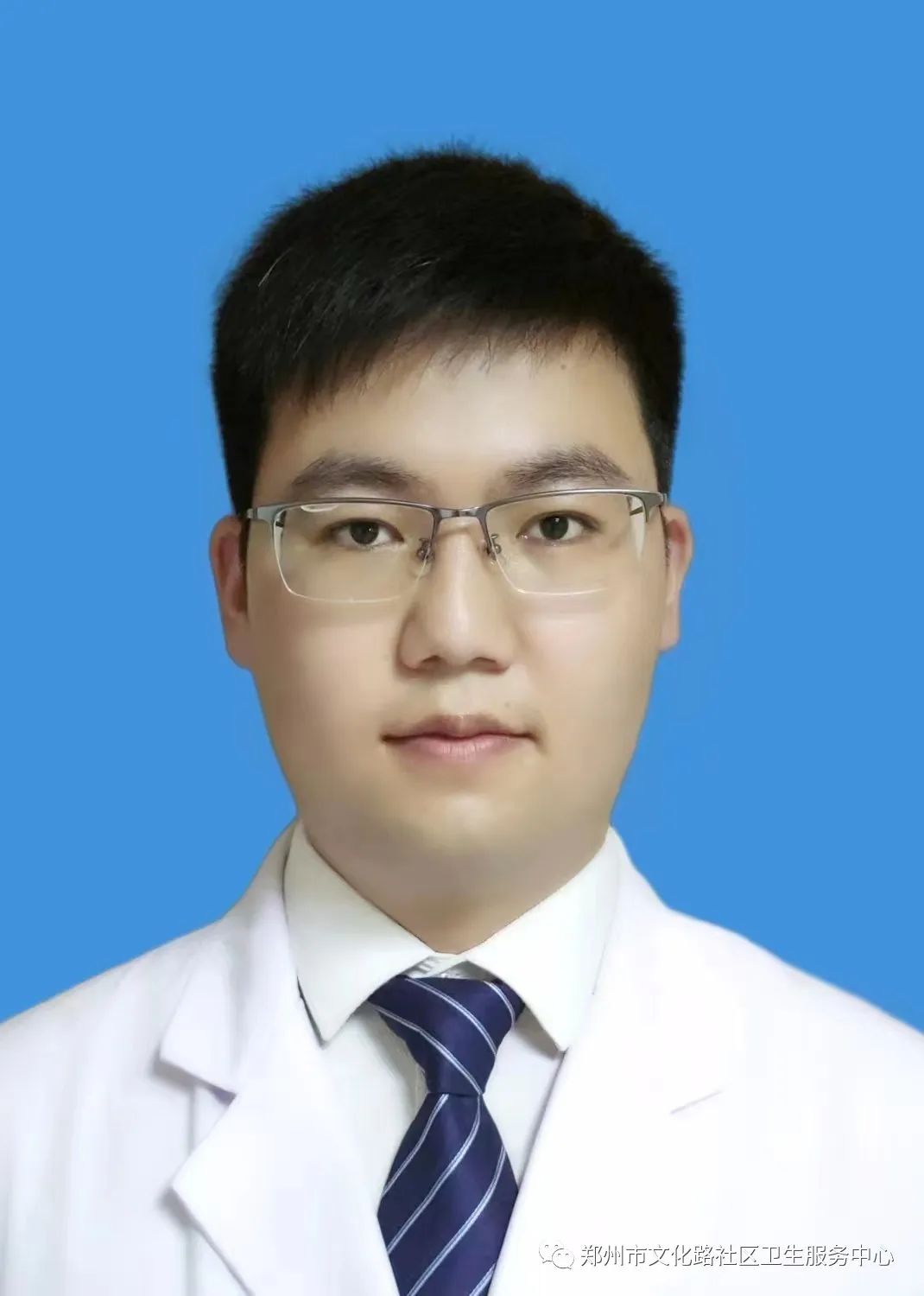
Deng Chenyang
Deng Chenyang, a licensed TCM practitioner, is a master’s student in TCM internal medicine at Henan University of Traditional Chinese Medicine, studying under renowned TCM experts Professor Li Qinghai and Professor Zang Yuncai, focusing on “Shang Han Za Bing Lun” and “Huang Di Nei Jing,” and is skilled in using “classical formulas” and “acupuncture” to treat common clinical diseases;
1. Liver, gallbladder, spleen, and stomach digestive system diseases, stubborn constipation, chronic diarrhea, stomach pain, and bloating;
2. Recurrent colds, weak constitution, fear of cold, chronic cough, low fever, rhinitis, acne;
3. Pediatric food accumulation, fever, cough;
4. Rehabilitation of coronary heart disease and post-stroke sequelae;
5. Women’s postpartum conditions, dysmenorrhea, and menstrual irregularities;
6. Menopausal syndrome, neck, shoulder, waist, and leg pain.
Zhengzhou Cultural Road Community Health Service CenterTCM Clinic
Address: No. 71 Nongye Road3rd Floor, Comprehensive Building of Henan Provincial Workers’ Hospital
Consultation Phone:
Dr. Wang: 17724804832
Dr. Deng: 18337151767

